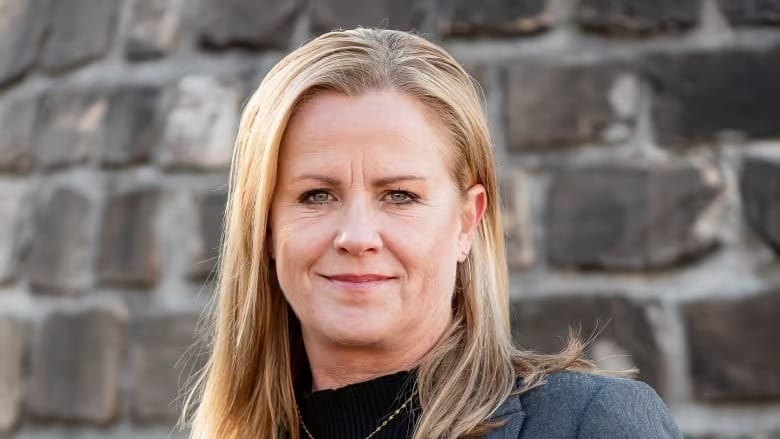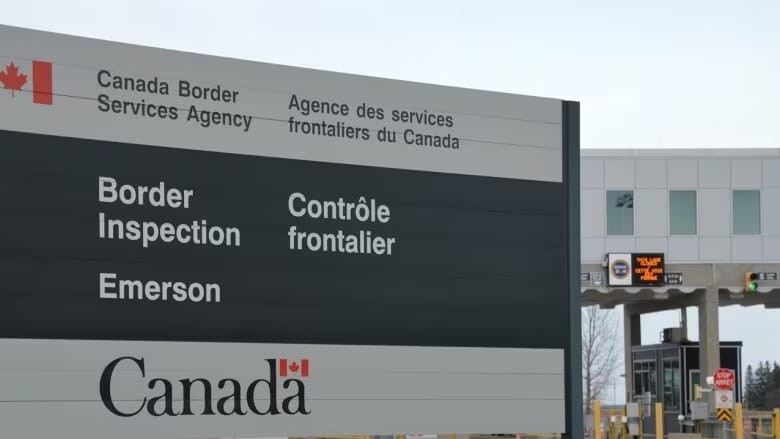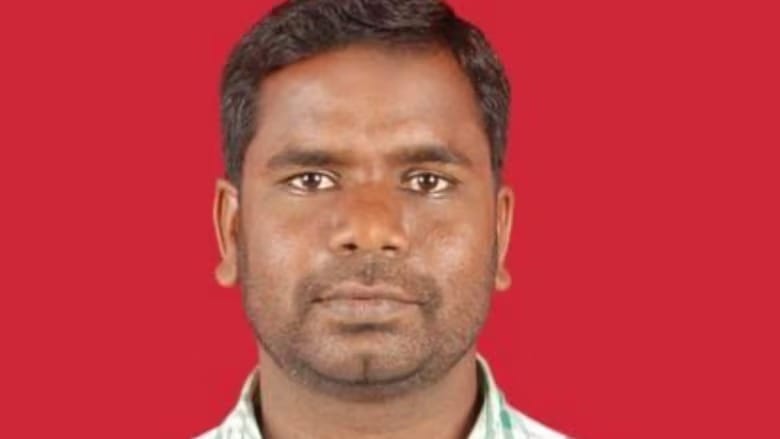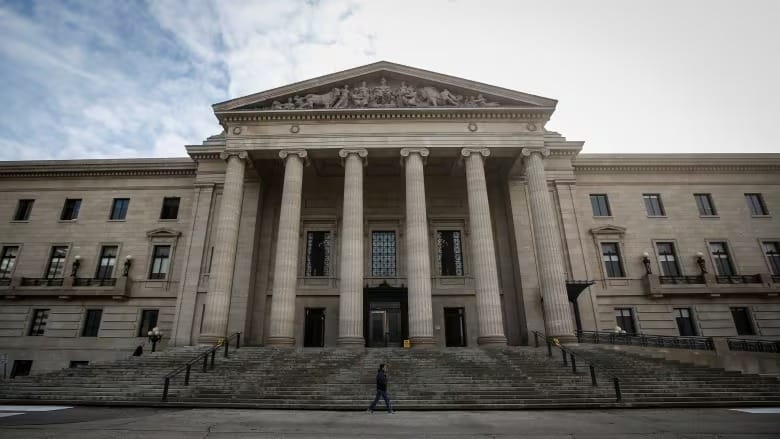Changes needed to make courts more welcoming to child witnesses, advocates say after Manitoba case stayed
'If we're wanting children to share truth, we need to look at a different approach,' says Ontario advocate

Advocates for child victims and witnesses are calling for significant reforms in Canada’s justice system to make it more supportive and fair for children.
These calls follow the decision to stay sexual assault charges against a priest in Little Grand Rapids First Nation, made in a Manitoba courtroom Wednesday, one day after the now nine-year-old girl at the heart of the case testified against him.
Christy Dzikowicz, CEO of the Toba Centre for Children & Youth — a center dedicated to helping children who have experienced physical or sexual abuse — shared that while she couldn’t comment on this specific case, there are long-standing issues concerning how and where children are expected to give testimony.
"I think most people in society want to see offenders held accountable when crimes are committed against children, but right now, the path to achieving that is incredibly challenging for kids," she said. "We struggle to get children to come forward in the first place."
While Manitoba courtrooms offer closed-circuit testimony, Dzikowicz noted that, to her knowledge, this option has never been used in cases where a child is testifying.
In the case of the nine-year-old girl who testified during the trial of Arul Savari, the priest sat in the courtroom behind a screen, preventing the child from seeing him. However, Dzikowicz argued that this approach is not child-friendly. "The reality is, if a child knows the person who harmed or potentially harmed them is in the same room, it can be very intimidating," she explained.
Savari faced charges of sexual assault, sexual interference, and forcible confinement in Little Grand Rapids First Nation, located about 265 kilometers north of Winnipeg. He pleaded not guilty to the charges.
The girl, who held a stuffed animal while testifying, described how Savari allegedly undressed, professed his love for her, touched her body, and kissed her during an incident in 2023.
Savari’s defense attorneys questioned the girl's testimony, pointing out inconsistencies in her accounts. Defense lawyer Tom Rees suggested that the girl’s allegations were fabricated, prompting her to respond repeatedly with a soft "yes."
Justice Shawn Greenberg suggested that the child was getting confused by how the questions were framed. As a result, the girl was asked to leave the courtroom while lawyers and the judge discussed how best to phrase the questions to make them understandable.
On Wednesday, during what was supposed to be the second day of the trial, Crown attorney Danielle Simard announced that the charges were stayed after prosecutors carefully reviewed the evidence following the girl's testimony.
Robin Heald, executive director of the Child Witness Centre in Kitchener, Ont. — a group that supports children who are victims of or witnesses to crime — believes the court failed the child in this case.
"When we talk about children, they come in at different ages and stages of development, but that doesn’t make them worse witnesses," Heald said. Her organization helps children and their families navigate the justice system, from investigation through to the courtroom. "A trauma-informed judge needs to intervene immediately when questions are inappropriate for a child's age and stage to prevent the child from stumbling in their response."
Heald, a child victim and witness herself, knows firsthand how difficult it is for a child to testify about a traumatic incident. She was cross-examined twice as a child, an experience she said caused immense "fear and trepidation."
Like Dzikowicz, Heald believes that measures like closed-circuit or remote testimony should be expanded nationwide. She understands, however, that it will take time before this becomes a reality. While defense attorneys may oppose such measures, Heald argues that they would create a fairer and more comfortable experience for children during cross-examination.
Dzikowicz also supports the idea, stating, "If we want children to tell the truth, we need a different approach." She pointed out that courts in the U.K. use intermediaries to communicate with children, while forensic interviewers, like those in child advocacy centers, could be used to improve the process.
On Tuesday, RCMP announced that the investigation into Savari remains ongoing.
A stay of charges means that the charges are not being formally dropped but will not proceed through the courts at this time. The province has up to one year from the date of the stay to reinstate the charges.





